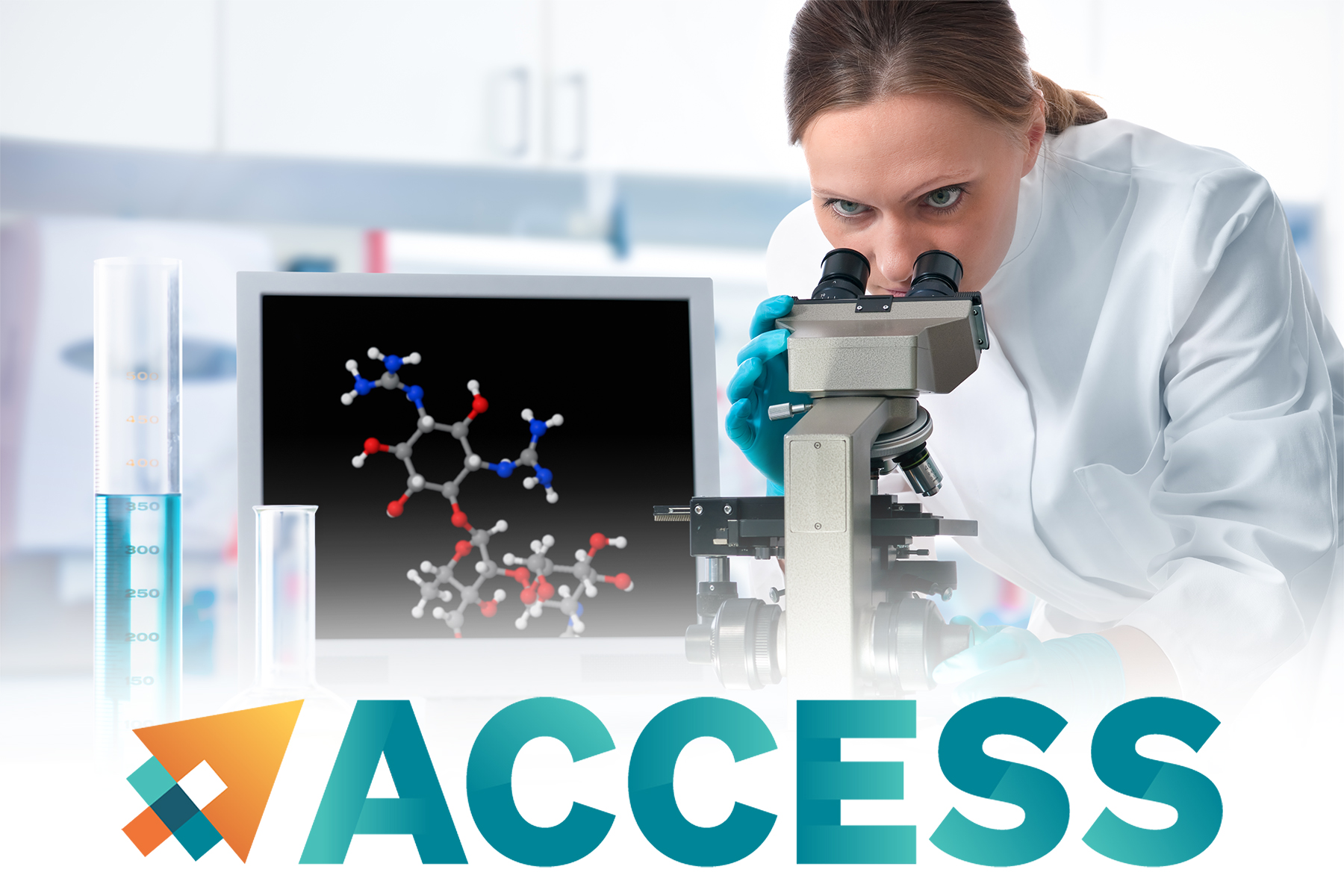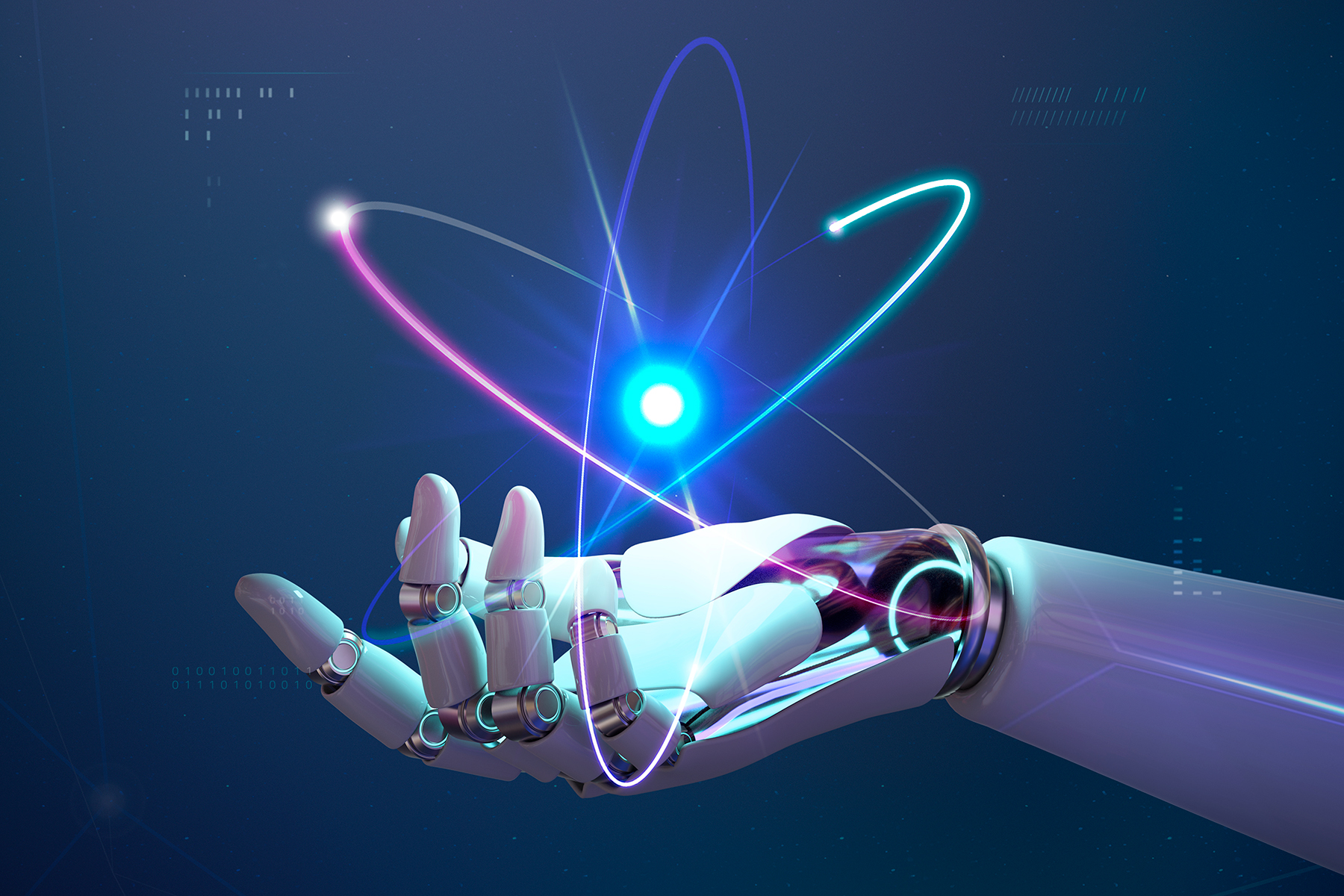Better Understanding of Quantum Gravity
Syracuse University researchers use SDSC’s Expanse to explore the theory of quantum gravity.

Syracuse University researchers use SDSC’s Expanse to explore the theory of quantum gravity.

Researchers at Columbia University use ACCESS resource Anvil from Purdue’s Rosen Center for Advanced Computing to help predict the extremely local weather of your neighborhood.

Murray State University is using its allocation to help train students to integrate HPC resources into their research in the classroom and lab.

New ACCESS Resource – ACES – Enters Testbed Phase at Texas A&M

Students at UIUC create a more efficient Federated Learning algorithm using ACCESS resource Delta

Researchers from Colorado’s Earth Lab and Environmental Data Science Innovation & Inclusion Lab (ESIIL) use an Explore allocation in an innovative way – their goal is to expand the availability of HPC resources to researchers who normally find them out of reach.

Utilizing ACCESS resource Bridges-2, researchers at Carnegie Mellon University’s Robotics Institute have found new approaches to efficient robot AI training

Researchers at Stony Brook University use the ACCESS resource Ookami to study the interconnectedness between krill connectivity and penguin populations

Expanding on a long legacy of success, the Texas Advanced Computing Center announces the newest supercomputer in the Stampede line.

Researchers from UC San Diego study water phases with the help of ACCESS resources at NCSA and SDSC